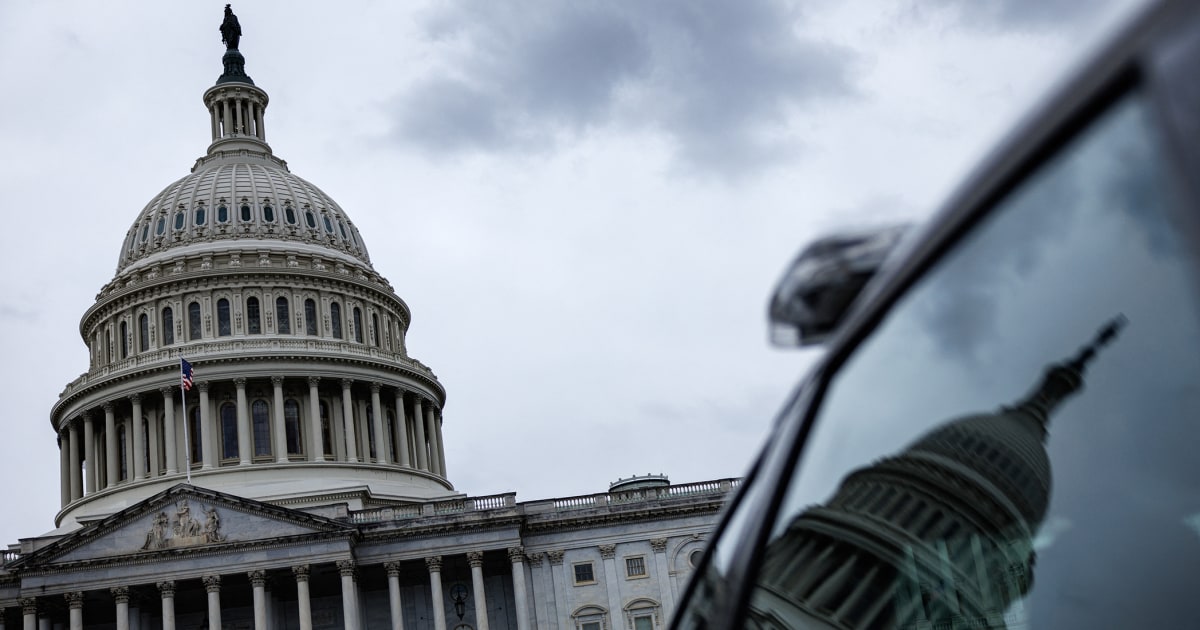
The Korean Federation of Teachers’ Associations (KFTA) (Image courtesy of the KFTA) SEOUL, Nov. 21 (Korea Bizwire) – A new survey has revealed a significant transformation in South Korean teachers’ workplace experiences and perceptions over the past 20 years, with student misconduct and parental complaints now ranking as their primary source of stress, replacing administrative overload as the top concern from two decades ago. The Korean Education Policy Research Institute, affiliated with the Korean Federation of Teachers’ Associations (KFTA), released findings on November 20 from a survey of 6,050 elementary, middle, and high school teachers conducted in June.
The results were compared with a similar study from 2004. The survey showed that 39.8% of teachers now cite student misconduct and parental complaints as their main source of stress—more than triple the 11.

6% reported in 2004, when it ranked last among concerns. In contrast, administrative overload, which topped the 2004 survey at 29.7%, has fallen significantly.
Teachers’ perception of their profession’s advantages has also shifted dramatically. While “professional expertise” (41.4%) and “social recognition and respect” (22.
3%) were the most cited benefits in 2004, current teachers primarily value “job security” (42.2%) and “time flexibility, including vacation periods” (21.3%).
The survey revealed that 64% of teachers feel most powerless when facing uncooperative attitudes and distrust from students and parents. This contrasts sharply with 2004, when 52.1% cited “education becoming a target of criticism and devaluation of the teaching profession” as their primary concern, which has now dropped to 10.
1%. Regarding changes following the 2011 Student Rights Ordinance, 78.6% of teachers acknowledged increased attention to student rights in educational activities.
However, 91.3% reported that the ordinance has led to diminished teacher authority and increased difficulties in student guidance—up from 84.1% in a similar survey last year.
The findings also indicate growing tensions in the educational environment, with 79.7% of respondents noting an adversarial rather than mutually respectful relationship between students and teachers. Additionally, 79% reported difficulties in focusing on academic achievement due to increased emphasis on student rest rights.
Following the death of a Seoul Seoi Elementary School teacher, 71.5% of teachers indicated increased feelings of loss and helplessness within the profession. The KFTA commented that “teachers’ perceptions of their profession have reversed dramatically over 20 years,” attributing the change to “societal dismissal of teaching expertise and rampant infringement of teachers’ authority.
” M. H. Lee (mhlee@koreabizwire.
com).














